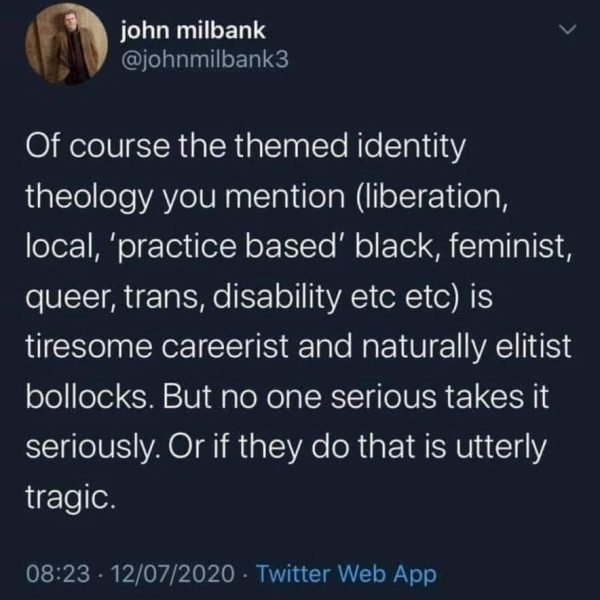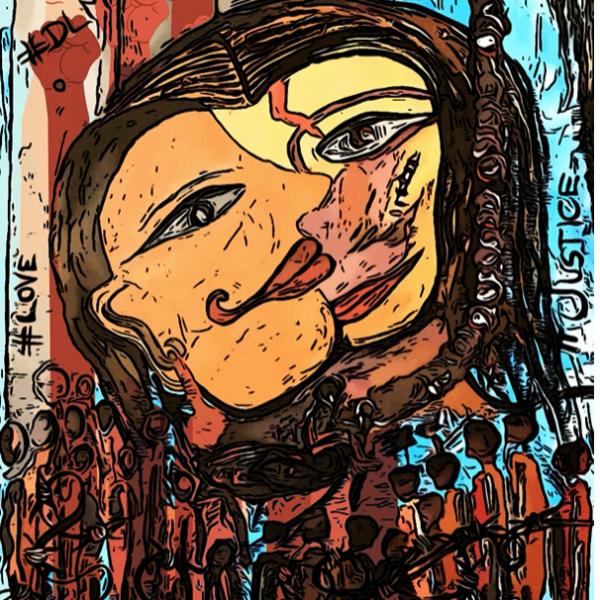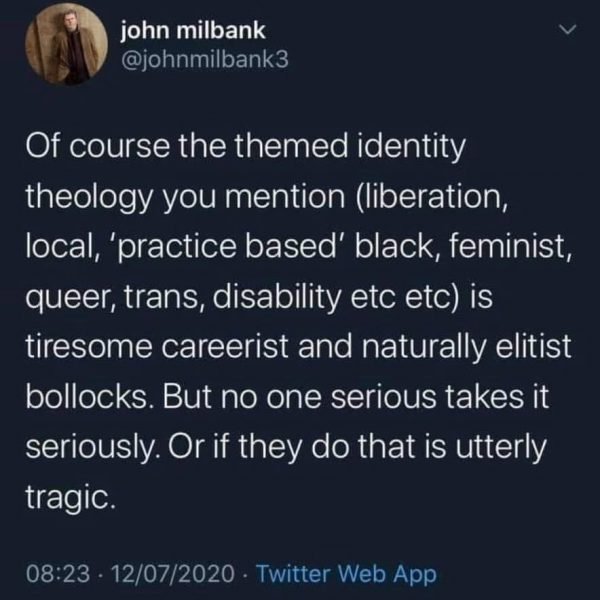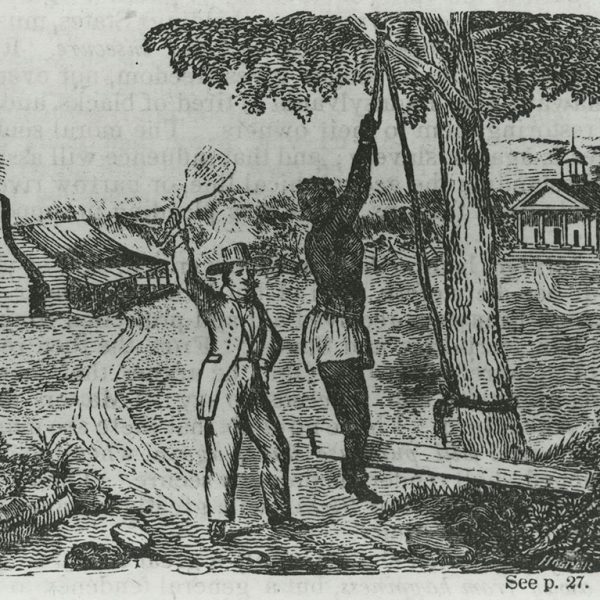
As a White interpreter who has been examining the phenomenon of whiteness in biblical interpretation, both popular and academic, for nearly a decade now, I want to know just what whiteness looks like.

To forego a hermeneutic of charity risks abandoning a central part of the gospel, just as a lack of concern about standing in solidarity with the voiceless, the poor, and the marginalized would do.

Song of Solomon 2:8-13 invites us to listen to the voices that are subjugated by systems of sexism, racism, xenophobia, bigotry, and the like. When love is forbidden, streets will be crowded, when love is forbidden, widows will be broken, when love is forbidden, resilience is inevitable.

Although the Apostle Paul’s discussion of our struggle against rulers, authorities, cosmic powers, and spiritual forces of evil in heavenly places may strike many readers as a relic of a primitive cosmological outlook, it is fiercely relevant in our own day, where white supremacy functions as just such a power. Ta-Nehisi Coates has spoken of the illusions and lies undergirding the American Dream and, with the Apostle, calls us to awake to and struggle against the forces and ideologies that bind and enthral us.

